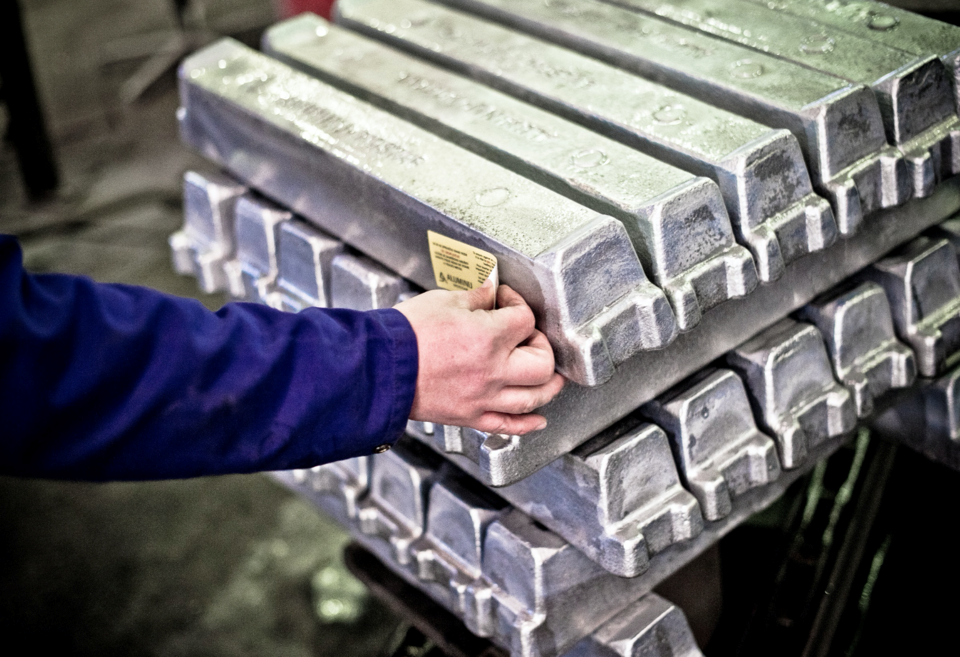您想继续阅读英文文章还
是切换到中文?
是切换到中文?

THINK ALUMINIUM THINK AL CIRCLE

The United States officially raised its tariffs on foreign steel and aluminum products and doubled the import duty from 25 per cent to a hefty 50 per cent, effective June 4. The development, announced by President Donald Trump, was designed to further protect the home market metals industry, but sent waves of worry around the world.

The higher tariffs are an expansion of the steps introduced in mid-March, with President Trump emphasising the need for the policy to support American steel production. The decision, and Trump's override of a court ruling to make it so, has, however, been receiving scathing criticism and international pushback.
Australia to be particularly hit, even as an ally of the US
For Australia, which is also a major player in the world aluminium industry, the consequences are especially serious. Aluminium is the country's number one manufacturing export, so raising the tariff is a direct threat to its economic well being.
Australia's Federal Trade and Tourism Minister, Don Farrell, strongly denounced the tariffs as "unjustified and not the act of a friend." Farrell spoke on behalf of Australia's firm position against such protectionist actions, emphasizing them as "an act of economic self-harm that will only hurt consumers and businesses who rely on free and fair trade."
The Australian sector is keen on getting clarity on the specific effect of the tariffs and making a renewed appeal for bauxite, alumina, and aluminium to be added to Australia's list of Critical Minerals, to protect its pivotal position in the global supply chain.
Trump's trade war with China hurts its allies most
But Australia is not the sole US ally that is concerned. India, who has been getting closer to America in recent decades is concerned as well, as it is a major producer too. It is already evaluating the effects of these tariffs and what actions it can take.
The international aluminium and steel industries are already facing the challenges of the prevailing tariffs and trade wars. This new escalation by America will almost certainly boost those difficulties, thereby causing more expensive prices to consumers and heightened uncertainty for businesses across the globe.
Responses








